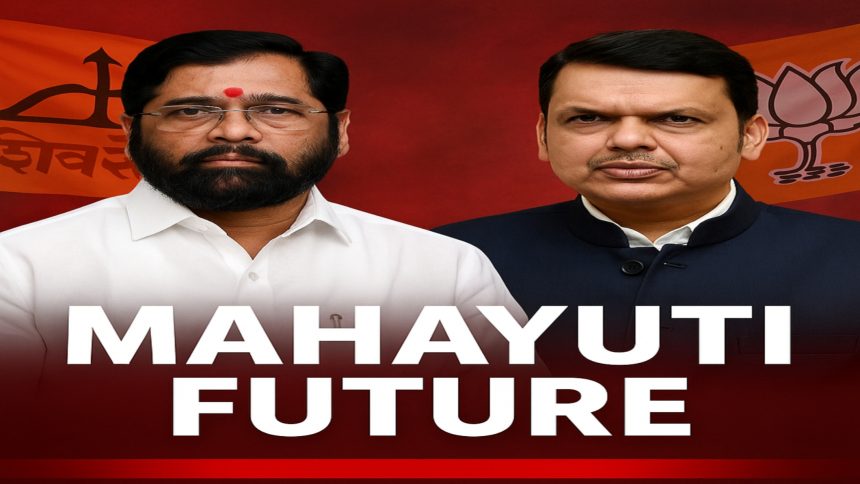Mahayuti Political Drama
By | Sachin Dhumal
Pune: A fresh political storm has engulfed Pune’s Mahayuti alliance as the bitter clash between Shiv Sena (Shinde faction) leader Ravindra Dhangekar and BJP’s Union Minister Murlidhar Mohol continues to dominate headlines.
The controversy — over an alleged irregular land deal involving a Jain trust property in Model Colony — has sparked sharp exchanges, leadership interventions, and growing discomfort within the ruling coalitions.
The Flashpoint
Dhangekar, a firebrand Shiv Sena leader from Pune, accused Mohol of misusing his office as former mayor to benefit builders in a contentious property transaction. He alleged that the land belonging to a Jain hostel and temple was diverted for private development interests.
“If there is any meaning left in the word ‘shame,’ then Mohol should resign immediately,” Dhangekar declared at a press briefing.
“This fight is not political — it is a fight for truth and for Pune’s conscience.”
Mohol, now the Union Minister of State for Civil Aviation, dismissed all charges as “politically motivated,” insisting he had resigned from the concerned firm long before the deal and had followed due process.
“Dhangekar keeps repeating lies after facing rejection at the polls,” Mohol countered.
“All my disclosures are transparent — there’s nothing illegal here.”
Alliance Leaders Step In
The escalating tension forced the Mahayuti leadership to step in.
Chief Minister Eknath Shinde personally intervened after Dhangekar wrote a letter to Prime Minister Narendra Modi.
“The issue has been discussed and resolved,” Shinde told reporters.
“Dhangekar is a sincere worker who fights against injustice. There is no rift within the Mahayuti.”
However, not all allies see it that way.
BJP Pune unit chief Dheeraj Ghate demanded disciplinary action against Dhangekar, calling his remarks “an insult to the alliance spirit.”
Meanwhile, Shiv Sena minister Uday Samant backed Dhangekar, arguing that “he spoke up where he felt injustice was done” and that BJP should introspect instead of silencing its partners.
The Larger Picture
While the immediate controversy appears contained after CM Shinde’s mediation, the episode has exposed growing cracks within the Mahayuti bloc — particularly in Pune, where both Sena and BJP have been battling for local dominance.
Political observers point out that this internal rift comes just months before the high-stakes Pune Municipal Corporation (PMC) elections, a key urban battleground in Maharashtra politics.
What This Means for the Civic Polls
Pune’s Political Equations: Dhangekar’s populist stand has struck a chord with local voters who see him as a street-fighter figure. Mohol, on the other hand, commands influence within BJP’s urban and middle-class base. This division could split votes within the alliance, indirectly benefiting opposition blocs like MVA (Congress–NCP–Thackeray Sena).
Alliance Cohesion: The episode shows the fragile balance of power within Mahayuti, especially when local egos and regional loyalties collide.
Public Perception: The “Dhangekar vs Mohol” clash, despite attempts at damage control, has made the alliance look fractured and defensive, with both leaders trying to prove dominance over Pune’s urban turf.
Civic Poll Impact: If not handled delicately, the dispute could affect BJP–Sena seat-sharing talks and ground coordination, potentially denting Mahayuti’s chances in key wards.
Future Signal: For the opposition, the feud is a welcome sign of turmoil within the ruling camp. For the alliance, it’s a warning — local rivalries must not derail state-level unity before 2027.
Alliance Future
The Dhangekar–Mohol episode may seem like a local skirmish, but it reflects a deeper churn within Maharashtra’s ruling alliance. As both leaders dig in and supporters rally behind them, the coming months will test Eknath Shinde’s ability to balance loyalty and leadership within the coalition.
In Pune — where civic elections often set the tone for state politics — this war of words could well be a trailer of the battles ahead.




